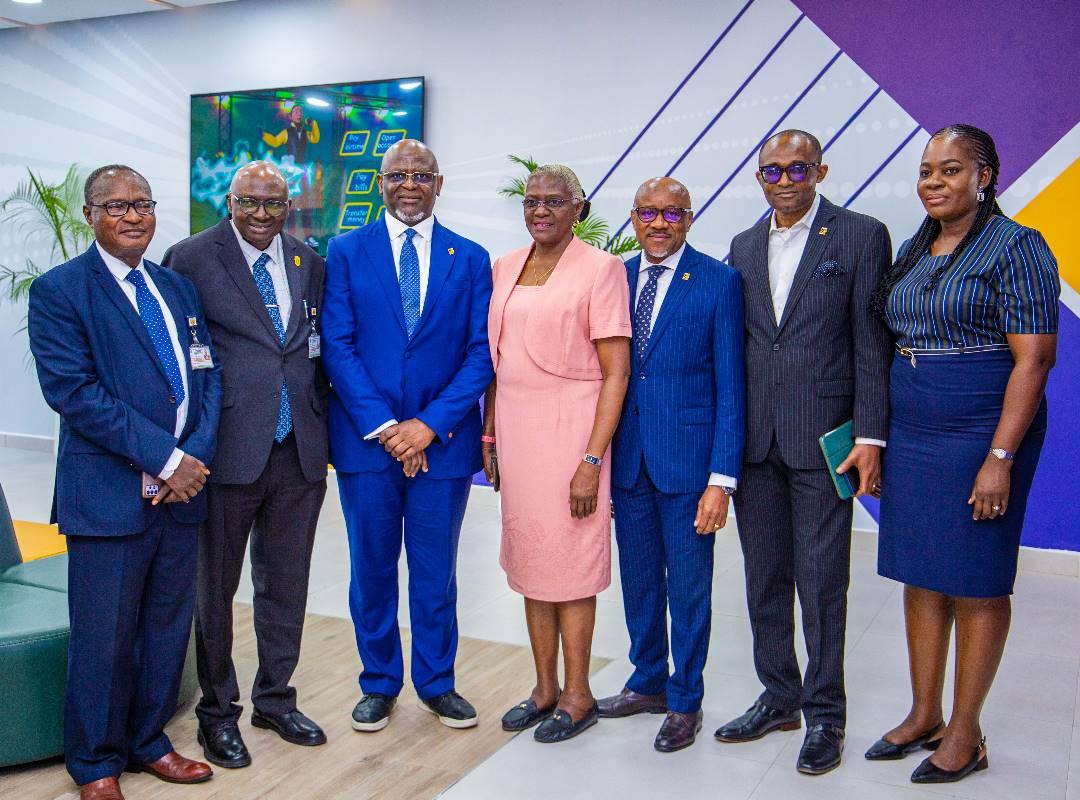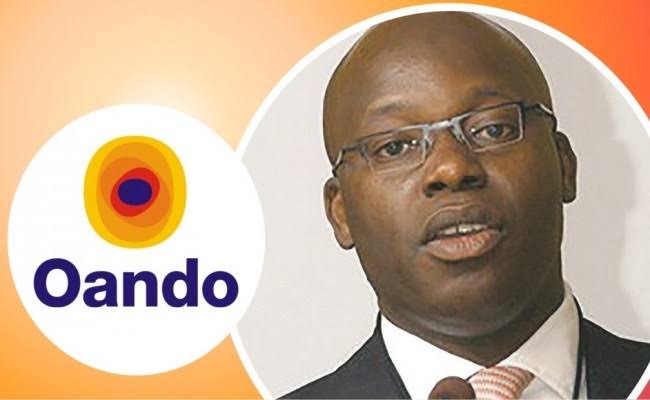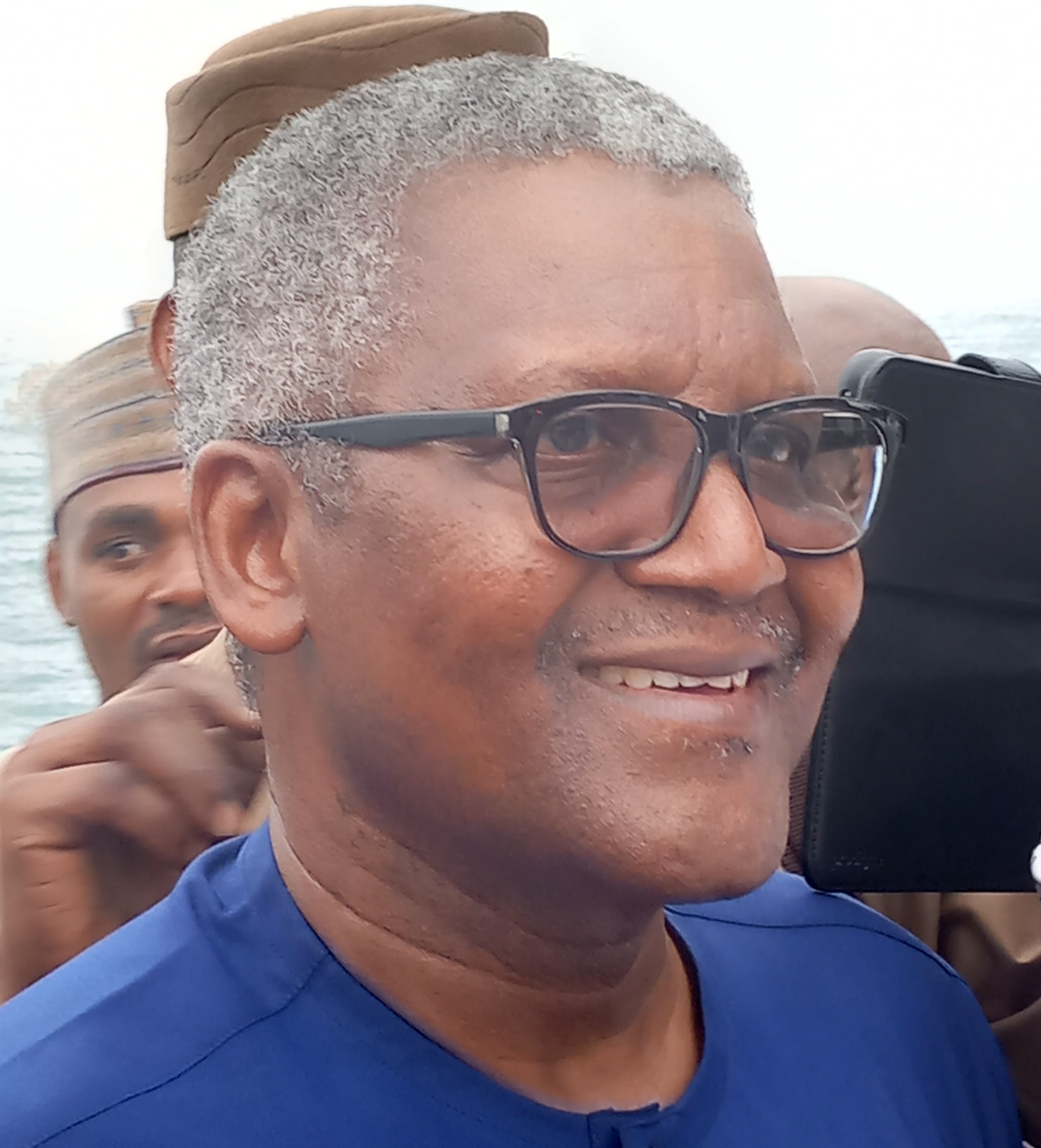First Bank of Nigeria Limited, Nigeria’s premier and leading financial inclusion services organisation, has announced the launch of its second fully automated branch, the FirstBank Digital Xperience Centre (DXC), on the campus of the University of Ibadan (U.I).
Professor. Kayode Adebowale, Vice Chancellor, University of Ibadan, Professor E.O Ayoola, Deputy Vice Chancellor Admin and Professor Aderonke Baiyeroju, Deputy Vice Chancellor, Academics led the university community in hosting the delegation from FirstBank comprising Dr. Adesola Adeduntan, CEO, FirstBank; Callistus Obetta, Group Executive, Technology & Innovation Services and Timothy Arowoogu, Group Head, Public Sector, West amongst others.
The DXC is a significant leap by FirstBank in revolutionizing the banking industry in the country as it is a state-of-the-art hub that puts customers at an advantage in experiencing world-class innovative banking services and explore the future of banking firsthand.
It is designed to cater to the growing and evolving needs of consumers and the banking public, enabling customers to navigate the digital landscape with confidence. The initiative aligns with the Bank’s commitment to delivering exceptional customer experiences and staying at the forefront of financial innovation.
Provided to put customers at an advantage in carrying out various activities on their own without interacting with anyone, the self-service branch is built with a wide range of phased modern banking facilities. These include humanoid robots equipped with Video Banking and Artificial Intelligence (AI), taking on the role of friendly branch staff; Teller Cash Recyclers (TCRs); Self-Service kiosks for non-financial transactions such as account updates; Fast Track (Contactless) ATMs; Interactive Smart Screen to ensure effective and comprehensive consultation with bank sales staff via remote video connection.
Other services include paperless/electronic forms designed to promote the timely resolution of complaints, dispensing of account statements and account enquiry/management, funds transfer, dispensing of new ATM cards; fixed deposit booking between N100,000.00 to N5,000,000.00, card services and management, cheque management, email and phone number update, ATM card and token block, amongst many others.
Expressing his delight at the initiative, Dr Adesola Adeduntan, CEO, FirstBank said ‘Our mantra, “Woven into the fabric of society”, summarises how we have proven our commitment to customers across all our footprints globally, by investing in modern technology infrastructure to pioneer digitisation of products and platforms, thereby giving our over 42 million customers convenient, seamless, safe and secure banking experience”.
“The FirstBank DXC is a fully automated interactive digital branch, the first of its kind in the Nigerian banking industry. It was first launched in Lagos, Nigeria in 2021 and has since then, redefined customers’ banking experience by introducing them to a new world of digitised self-services,” he said.
95% of customer-induced transactions on FirstBank’s digital channels are enjoyed by 22 million of its digital product users. The Bank processes over 12% of the industry payment volume in Nigeria.
FirstBank Digital Xperience Centre is a cutting-edge facility that reshapes the way customers interact with banking services, bringing an unparalleled level of convenience, efficiency, and innovation to their financial journeys.
Furnished with the latest advancements in financial technology, it is one of the many ways the Bank reinvents itself to leave no stone unturned in exposing its customers to state-of-the-art and leading digital banking experience in the continent. The Bank’s first Digital Xperience Centre was unveiled in 2021 at its remodelled Adetokunbo Ademola branch, Victoria Island.
The groundbreaking initiative is scheduled to hit other locations across the country’s geopolitical zones in the coming months.

 News6 years ago
News6 years ago
 Featured6 years ago
Featured6 years ago
 Boss Picks6 years ago
Boss Picks6 years ago
 Headline6 years ago
Headline6 years ago
 Headline6 years ago
Headline6 years ago
 Headline6 years ago
Headline6 years ago
 Headline6 years ago
Headline6 years ago
 Headline6 years ago
Headline6 years ago













